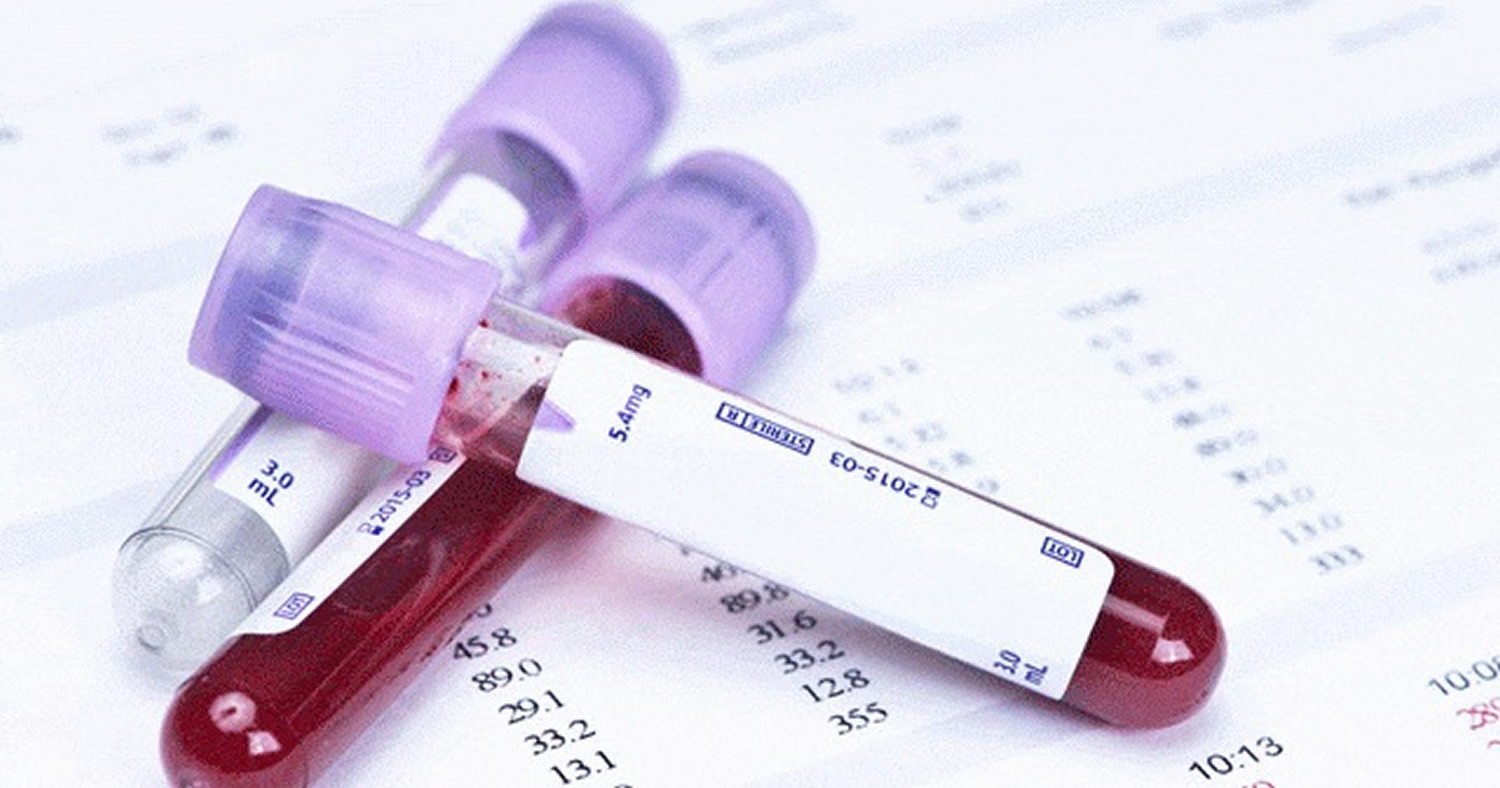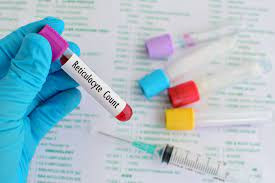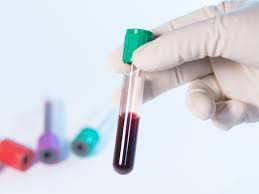Definisi
Pemeriksaan fosfat adalah pemeriksaan darah yang dilakukan untuk memeriksa kadar fosfat dalam darah Anda. Fosfat adalah salah satu komponen mineral yang dibutuhkan oleh tubuh. Fosfat diperlukan tubuh untuk memproduksi energi pada otot, juga berperan dalam fungsi saraf dan otot serta pertumbuhan tulang. Selain itu, fosfat berfungsi untuk menjaga keseimbangan asam-basa di tubuh.
Fosfat berbeda dengan fosforus. Fosfat adalah partikel bermuatan listrik yang mengandung mineral fosforus. Fosforus didapat melalui beberapa makanan yang dikonsumsi seperti kacang, biji-bijian, sereal, produk susu, telur, daging ayam, sapi dan ikan yang diserap ke dalam saluran cerna. Ketika fosforus bertemu dengan oksigen, fosforus berubah menjadi fosfat.
Walau diserap dalam saluran cerna, fosfat disaring dan dikeluarkan dari tubuh melalui ginjal Anda. Sebagian besar komponen fosfat akan bergabung dengan kalsum untuk membantu pertumbuhan tulang dan gigi serta mendukung jaringan otot dan saraf Anda.
Indikasi
Pemeriksaan fosfat dalam darah umumnya dilakukan pada saat pemeriksaan umum (medical check up) bersama dengan pemeriksaan mineral lainnya, salah satunya adalah kalsium. Dokter Anda akan menyarankan pemeriksaan ini untuk mendapatkan informasi mengenai kecukupan kalsium yang Anda dapatkan, karena fosfat bekerja bersama kalsium.
Selain itu, pemeriksaan ini juga bisa dilakukan bila Anda dirasa:
- Memiliki permasalahan terkait diabetes seperti ketoasidosis (komplikasi diabetes serius di mana tubuh memproduksi asam darah yang berlebih).
- Mencari tahu bila ada penyakit kelenjar paratiroid, kelenjar ini memproduksi hormon yang mengontrol kadar kalsium dalam darah.
- Malnutrisi, kondisi di mana makanan yang dikonsumsi tidak mengandung nutrisi dalam jumlah yang dibutuhkan untuk memenuhi keperluan tubuh.
- Mendiagnosis adanya gangguan pada saluran cerna, dimana adanya gangguan penyerapan fosfat, kalsium, dan magnesium.
- Mendiagnosis dan memonitor gangguan organ hati, ginjal, atau penyakit tulang tertentu.
Kontraindikasi
Tidak ada kontraindikasi khusus terkait pemeriksaan fosfat dalam darah. Semua orang bisa melakukan pemeriksaan ini tanpa terkecuali.
Persiapan Sebelum Pemeriksaan
Pemeriksaan fosfat dalam darah tidak membutuhkan persiapan khusus. Bila Anda menjalani pemeriksaan lain seperti gula darah puasa, maka Anda akan diminta untuk berpuasa (tidak makan) selama beberapa jam sebelum pemeriksaan. Tenaga medis bisa meminta Anda untuk berhenti sementara mengonsumsi obat berikut:
- Obat diuretik yang bisa meningkatkan pengeluaran urine dari tubuh.
- Antasida untuk mengurangi asam lambung.
- Laksatif atau pencahar yang mengandung natrium fosfat.
- Suplemen vitamin D.
Informasikan dokter Anda bila Anda melakukan cuci darah atau mengonsumsi obat-obatan tertentu yang mungkin dapat memengaruhi hasil pemeriksaan fosfat.
Prosedur Pemeriksaan
Pemeriksaan fosfat dalam darah sangat sederhana. Petugas laboratorium akan membersihkan lengan Anda dengan kasa alkohol, kemudian sampel darah akan diambil dari pembuluh vena dengan spuit steril. Umumnya sampel darah diambil di area pembuluh lengan. Pada bayi, pengambilan darah dilakukan pada tumit.
Selanjutnya darah akan dimasukan ke dalam tabung sampel dan diperiksa pada mesin khusus di laboratorium. Prosedur ini hanya berlangsung sekitar 5 menit dan Anda dapat beraktivitas kembali setelahnya.
Risiko pemeriksaan darah sangat kecil. Beberapa orang bisa merasa nyeri, pusing, atau memar di area kulit saat pengambilan darah. Namun keluhan ini biasanya akan hilang dengan cepat.
Nilai Normal dan Abnormal
Tabel di bawah ini berisi rentang kadar fosfat yang normal pada berbagai kelompok usia.
| Kelompok Usia | Nilai Normal | Nilai Kritis |
| Dewasa | 3,0 - 4,5 mg/dL atau 0,97 - 1,45 mmol/L | <1 mg/dL |
| Anak-Anak | 4,5 - 6,5 mg/dL atau 1,45 - 2,10 mmol/L | <1 mg/dL |
| Bayi Baru Lahir | 4,3 - 9,3 mg/dL atau 1,4 - 3,00 mmol/L | <1 mg/dL |
Pada lansia, kadar fosfat yang normal berada di rentang yang sedikit lebih rendah dari orang dewasa. Rentang normal di atas bisa bervariasi pada setiap laboratorium, yang dapat disebabkan oleh metode pengukuran atau sampel yang berbeda. Konsultasikan hasil pemeriksaan Anda dengan dokter.
Hasil dan Saran (Pemeriksaan Lanjutan)
Bila hasil pemeriksaan kadar fosfat dalam darah Anda sedikit lebih rendah atau lebih tinggi dari normal, hal tersebut tidak selalu menandakan Anda memiliki penyakit tertentu. Beragam faktor seperti usia, jenis kelamin, dan kehamilan juga bisa memengaruhi kadar fosfat dalam darah. Anak-anak cenderung memiliki kadar fosfat yang lebih tinggi dibanding orang dewasa karena pertumbuhan tulang anak-anak yang masih berjalan.
Rendah
Hasil pemeriksaan fosfat dalam darah yang rendah (hipofosfatemia) bisa terjadi karena:
- Kecanduan alkohol.
- Kadar kalium darah lebih rendah dari normal (hipokalemia).
- Kadar kalsium dalam darah lebih tinggi dari normal (hiperkalsemia).
- Gangguan kelenjar paratiroid.
- Malnutrisi.
- Luka bakar berat.
- Pemakaian obat-obatan tertentu yang berlebihan.
- Terlalu sedikit vitamin D sehingga menghasilkan permasalahan tulang seperti rickettsia pada anak-anak atau osteomalasia pada orang dewasa.
Normal
Pemeriksaan kadar fosfat darah dengan hasil dalam rentang normal menunjukan tidak ada masalah terkait ketidakseimbangan fosfat. Pertahankan kesehatan Anda dengan mengonsumsi gizi yang seimbang, aktivitas fisik yang cukup, serta pemeriksaan kesehatan yang rutin.
Tinggi
Hasil pemeriksaan fosfat dalam darah yang tinggi atau hiperfosfatemia dapat disebabkan beberapa kondisi medis, diantaranya seperti :
- Ketoasidosis pada penderita diabetes, dimana kondisi tersebut dapat mengancam pasien dan umumnya terjadi pada penderita diabetes tipe 2.
- Hipoparatiroid (kelenjar paratiroid tidak mampu menghasilkan hormon paratiroid yang cukup).
- Kerusakan atau gagal ginjal.
- Gangguan hati.
- Terlalu banyak vitamin D dalam tubuh.
- Terlalu banyak fosfat dalam diet anda.
- Penggunaan obat tertentu seperti laxatif yang memiliki kandungan fosfat dalam jumlah banyak.
Konsultasikan ke Dokter yang Tepat
Bila hasil perhitungan fosfat dalam darah Anda tidak berada di rentang normal, Anda dapat berkonsultasi dengan dokter umum untuk mendapatkan diagnosis dan terapi yang sesuai. Bila diperlukan, Anda juga dapat berkonsultasi dengan dokter spesialis penyakit dalam terkait kondisi Anda.
Dokter mungkin akan bertanya mengenai keluhan yang dirasakan serta bisa menyarankan pemeriksaan tambahan terkait untuk membantu menunjang diagnosis bila terdapat indikasi medis. Pada pasien anak-anak, dokter spesialis anak dapat memberikan informasi dan terapi yang lebih detail.
Mau tahu informasi seputar hasil pemeriksaan laboratorium, radiologi, dan lainnya? Cek di sini, ya!
- dr Hanifa Rahma
Phosphorus. (2021). Retrived 05 August 2022, from https://www.testing.com/tests/phosphorus/
Phosphate in Blood. (2022). Retrieved 05 August 2022, from https://medlineplus.gov/lab-tests/phosphate-in-blood/
What is a Phosphate Blood Test. (2021). Retrieved 05 August 2022, from https://www.webmd.com/a-to-z-guides/phosphate-blood-test
Phosphate Test. (2022). Retrieved 05 August 2022, from https://www.nhs.uk/conditions/phosphate-test/
Phosphorus Blood Test. (2022). Retrieved 05 August 2022, from https://www.mountsinai.org/health-library/tests/phosphorus-blood-test
Phosphate (Phosphorus). (2022). Retrrieved 05 August 2022, from https://emedicine.medscape.com/article/2090666-overview












